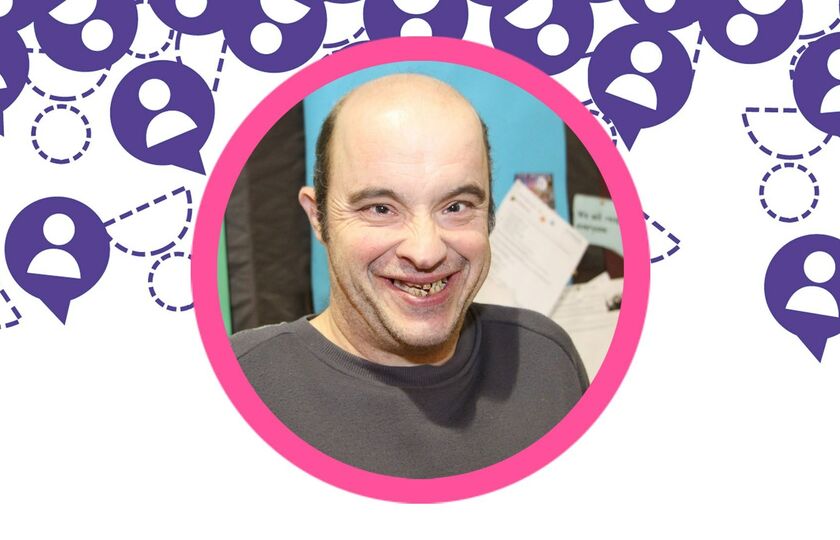Blog
Easy complacency or hard commitment
If you are provider of support for people with a learning disability it is easy to be complacent about helping people to develop close, intimate relationships.
After all, you are rarely judged on the number of people who are married or in a civil partnership or asked about people’s knowledge of sexual health issues. There are many tasks and activities that have been deemed mandatory by the social care overlords and the pursuit of love isn’t one of them. On the contrary, entering into the realms of relationship support can lead to external challenges around capacity, competence and safeguarding. The reality is that while sex and relationships remain absent from the social care regulatory, training and commissioning agendas, there will be a disincentive for services to begin lifting the lid on what is often seen as a can of worms.
In Lancashire we have been grappling with the dilemma of awareness raising and provider engagement for a number of years now. Lancashire Friends and Relationships Group was set up to address the objective of “providing support to local service commissioners and providers to develop systems and processes which will enable people with learning disabilities to build and sustain relationships.”(Valuing People Now, DoH 2009).
This group has survived and thrived, despite organisational and political changes. The main drivers have been people who use services, frequently reminding us of the impact that taking the easy option has on their lives. The multiagency professionals would have been hard pressed not to rise to their rallying call. We set out, in a planned and concerted way, to change attitudes and approaches in our county, so that relationships opportunities, information and education would be available for people with a learning disability.
This passionate and determined group of people have had many successes along the way: two conferences, sex and relationships training available for all, opportunities for self advocates to become trainers, development of a friendship and dating agency, joint work with sexual health services and support for providers to produce a sex and relationships policy - all leading to individual stories of relationships built and confidence gained.
Even so, reports of barriers, inconsistent approaches, staff fear and reticence in addressing sex and relationships issues continue.
In wondering how we could encourage improved involvement from our local providers, the group decided that it might be beneficial to contact the Care Quality Commission (CQC).
We were aware that CQC inspection questions, whilst looking at relationships, did not include specific reference to sex and relationships. In essence, this means that it’s possible to receive an ‘outstanding’ rating, whilst at the same time ignoring an essential element of people’s lives. Self advocates felt that if they weren’t being listened to, perhaps providers would take note of the body responsible for their quality monitoring and regulation. To assist, we devised a number of questions that inspectors could ask during their visits:
- Does the organisation have a relationships and sexuality policy, including an easy read version?
- Are staff trained to support people with their personal relationships needs?
- Do they have examples to demonstrate positive support for relationships?
- Do they have information about and links with sexual health services?
- What do they do about people staying over for the night?
- What do they do to encourage and support people to develop relationships?
- Do they provide training for service users about relationships and sexual health or are they able to signpost to a local organisation that does so?
These were sent to CQC, with a plea to pay more attention to what providers are doing to support personal relationships. After due consideration and some persistence, we received news that the issues are going to be taken on board as part of supplementary, non-obligatory, inspection questions. Our preference would be for them to sit firmly within the key lines of enquiry, but no matter, this is a positive start.
For some organisations the questions will offer a chance to showcase their brave and innovative practice, for others they will be seen as challenging and difficult. The simple hope of the group is that the impact of our list will be a contribution to moving systems on from complacency to commitment.
Sue Sharples is a member of the Lancashire Friends and Relationships Group and Chair of the U-Night Group,a Community Interest Company that runs the MeetnMatch Dating Agency and Y be Shy Training in Lancashire. She also works as an independent trainer and consultant, specialising in learning disability, relationships and sexuality.
The views expressed in the Supported Loving blog are not necessarily those of Choice Support.





